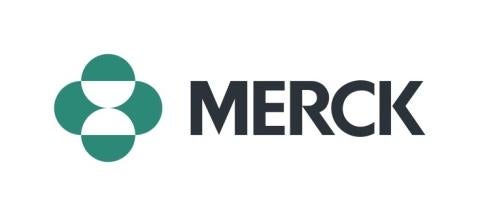
Peer Clinical Trials Support Program
Learn about cancer clinical trials with support from someone who's been there.
Support, Guidance, and Encouragement — From Someone Who Understands
We know how overwhelming cancer and the idea of clinical trials can be. We also know how important it is to be able to talk to someone who looks like you and can understand what you’re going through on a deeper level. That’s why we offer free, one-on-one support from peer mentors — cancer patients and survivors who’ve walked this road before.
Our peer mentors offer a safe space for you to discuss your questions and concerns about clinical trials. They are here to share their stories, listen to yours, and help you gain the knowledge and confidence you need to navigate your clinical trial experience.
Whether you're newly diagnosed, considering a clinical trial, or on a trial and have questions, we’re here to help you feel informed and empowered.
They knew how I felt because they went through it.
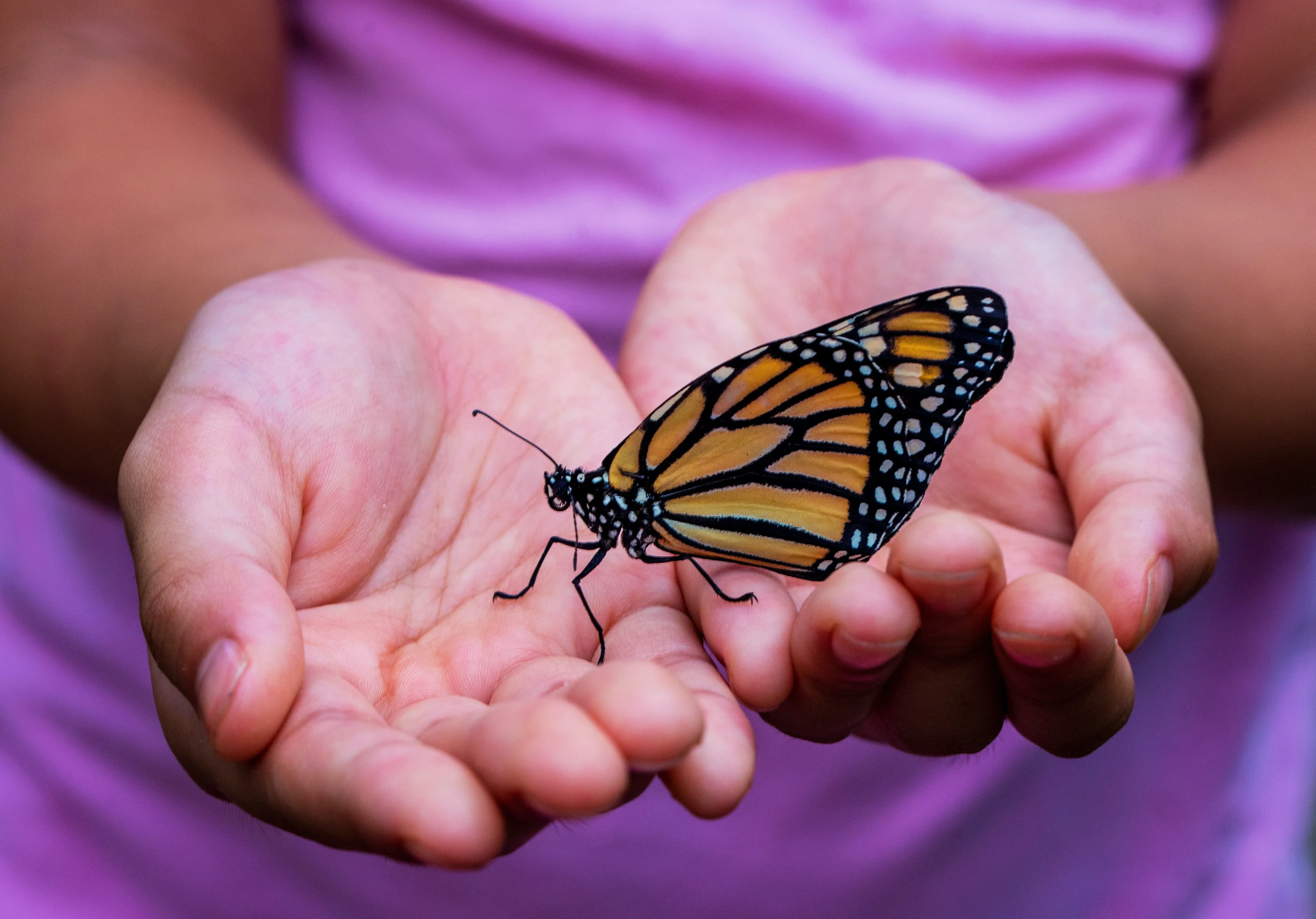
Find Your Peer Mentor
The Peer Program is currently open to cancer patients and survivors who identify as Black or Hispanic/Latino(a).
Not sure where you fit? Pick the option that feels right to you. Or send us an email or give us a call to talk more.

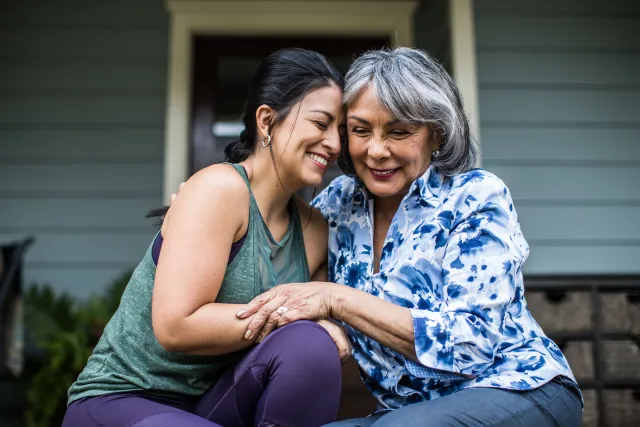
My peer [mentor] helped me know where to look and how to ask questions about clinical trials. They helped me advocate for myself.

Learn More About the Program
Mission Statement: To provide cancer patients and survivors with trusted peer support that makes clinical trials easier to understand, less intimidating, and more accessible.
Navigating cancer is hard. Understanding clinical trials shouldn’t make it harder. That’s why we created the Peer Clinical Trials Support Program, to help cancer patients and survivors explore clinical trials with the support of someone who’s been there — cancer patients or survivors with firsthand experience participating in a cancer clinical trial. They’re not doctors, but they are trained to offer compassionate, unbiased support and education.
This program focuses on communities that are underrepresented in cancer clinical trials. By offering one-on-one support from people of similar backgrounds and experiences, we can help improve awareness, knowledge, and access to clinical trials for groups of people who are historically left out of this.
We believe that everyone deserves:
- Clear, understandable information about clinical trials
- A safe, judgment-free space to ask questions
- Emotional support during a complex time
We’re not here to enroll anyone in a trial — we’re here to empower people with knowledge, confidence, and connection to make the best decision for them.
The Peer Program is currently open to cancer patients and survivors who identify as Black or Hispanic/Latino(a).
Clinical trials are important because they help to improve care. They help us find better ways to prevent, diagnose, and treat cancer. They also offer patients excellent care and close monitoring with access to promising new treatments.
Most of today’s cancer treatments come from the results of past clinical trials. But clinical trials can be confusing. Not everyone knows how they work or what questions to ask. Not everyone’s doctor talks to them about clinical trials.
Some people may feel unsafe or even mistrust the healthcare system. This is especially true for people who’ve had negative experiences in the past or come from communities that have been left out or treated unfairly in medicine.
That’s why increasing diversity in clinical trials is so important. When more people of different races, backgrounds, and cultures join clinical trials, it helps make treatments safer and more effective for everyone.
That’s why we’re here — to help you know what to ask, to better understand clinical trials as a potential option, and to feel confident in whatever path you choose.
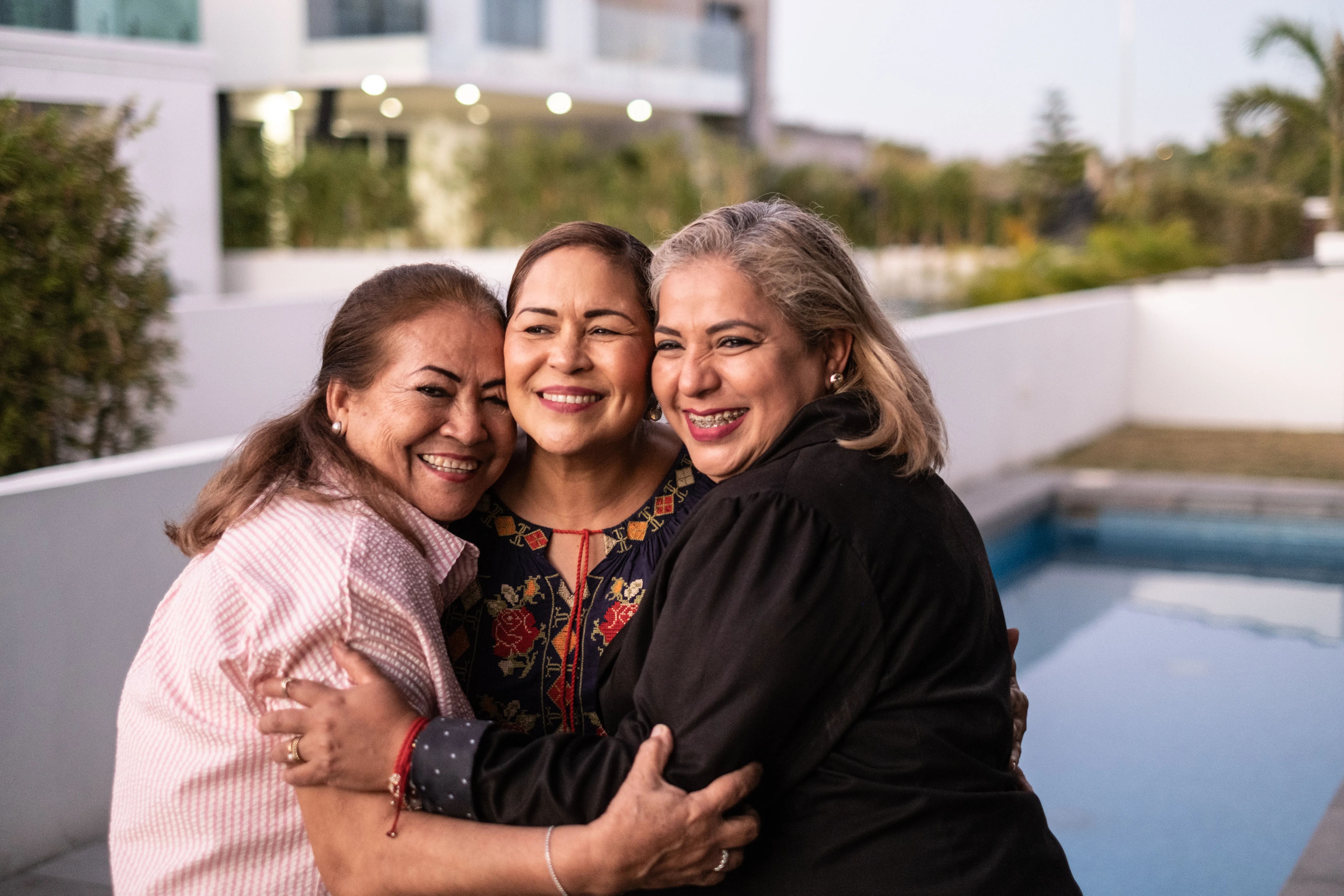
Who Are Our Peer Mentors?
Our peer mentors are cancer patients or survivors who have experience participating in a cancer clinical trial. They provide compassionate, unbiased support to help you understand clinical trials — what they are, how they work, and what questions to ask your care team. They’re here to listen, share, and support — not to make decisions for you.
Peer mentors do not provide medical advice and will not enroll you in a trial. Peer mentors are compensated for supporting program mentees.
HIRING NOW: We’re currently seeking peer mentors to support Spanish-speaking Hispanic and Latino(a) program participants.
The fact that she was also Black was important to me. She gave me examples of clinical trials and explained what worked for her.

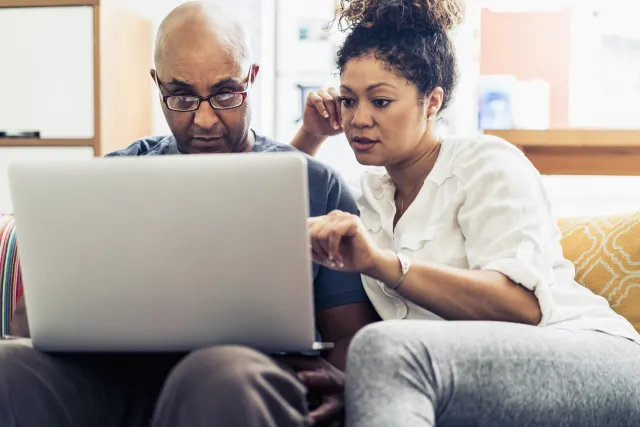
Now Streaming: Justified Medical Mistrust
Our docuseries “Justified Medical Mistrust: Acknowledging the Past to Change the Future” addresses myths, truths, and concerns Black and African American patients and their caregivers often experience when considering clinical trials as part of their care plan.
Frequently Asked Questions
| What is peer support? | Peer support is when people who have similar experiences help each other. They share knowledge, encouragement, and understanding. It often happens between people who have gone through similar experiences. Because they’ve “been there,” they can offer support in a way that feels more personal and relatable. |
| What is the program? | This is a free peer support program that connects cancer patients and survivors with trained peer mentors who have experience participating in a clinical trial. The goal is to help you better understand what clinical trials are and support you in making informed decisions. |
| Who are peer mentors? | Our peer mentors are cancer patients and survivors who have participated in a cancer clinical trial. They’re trained to provide emotional support and help explain the clinical trial process in simple, human terms. Currently, our peer mentors are Black and/or Hispanic and Latino/a patients and survivors. |
| How do I get matched with a peer mentor? | You can fill out a short form on our website or give us a call. We’ll talk with you to make sure this program is right for you. After, we’ll match you with someone who has a similar cancer type, treatment experience, or background — whenever possible. |
| How do I communicate with my peer mentor? | You can choose how you’d like to connect — by phone, text, or email — whatever makes you most comfortable. |
| What will we talk about? | It’s up to you. You can decide what you want to share and what questions you want to ask your peer mentor. They are there to listen and share their story if you’d like to hear it. You can expect to have conversations and resources that best fit your needs. |
| What happens after I’m matched? | Your peer mentor will call you at the phone number you provided. You can decide what you want to talk about. After that, you and your peer mentor will decide how and how often you’d like to connect for the next three months. |
| Is my information private? | Yes. Peer mentors are trained to keep your communication confidential. All communication — meaning phone calls and texts — use a secure, HIPAA-compliant platform. We would only reveal your identity if there was a concern for your safety or the safety of others. Program surveys do not include your name or other identifying information. Only trained staff have access to this data, which is stored in a secure file. |
| What if I still have questions after I’m finished with the program? | Don’t worry. If you still have questions or would like more support, we’re here for you. Our staff will work with you to get connected to the right help. Our Cancer Support Helpline is staffed with trained professionals to help you, along with a Clinical Trials Navigator, for more support around clinical trials. We also have over 200 locations, including CSC and Gilda’s Club centers, across the country for local, in-person support. |
| What if I want to learn about clinical trials but don’t qualify for this program? | If you don’t qualify to participate in this program, there are many other ways to get support at CSC. We encourage you to contact our Cancer Support Helpline. Our navigators can help you with your questions or concerns. You can also set up a meeting with the Helpline’s Clinical Trials Specialist. Call the Helpline at 888-793-9355 or connect with a navigator using our web chat service. |
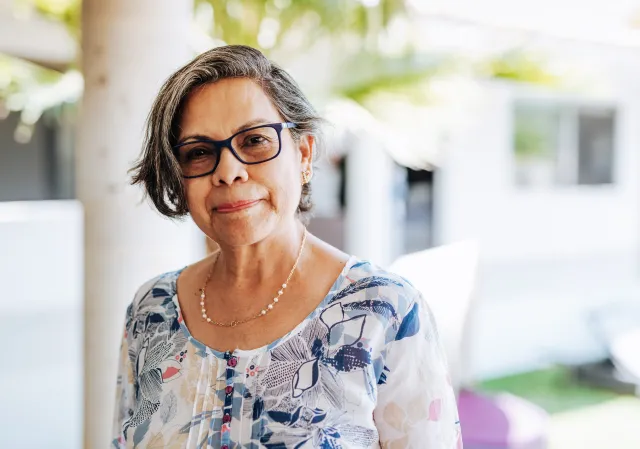
Questions?
To learn more about the program, give us a call at 888-292-5162 or send us an email. We’re available Monday–Friday 9 a.m.–5 p.m. ET. We’ll get back to you within two business days.






